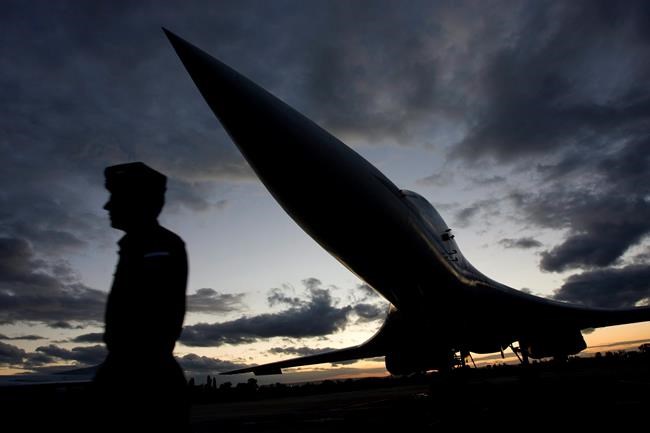Russian bombers buzzed Canadian airspace: Norad

OTTAWA - Two long-range Russian bombers buzzed Canadian airspace this morning, only days after a senior military officer warned that North America's early warning system is outdated.
The North American Aerospace Defence Command says the two Tu-160 Blackjack bombers crossed the North Pole and approached Canada from western Russia, but remained in international airspace before departing.
Norad tracked the bombers as they flew through Canada's air defence identification zone, but did not scramble fighters to intercept the Russians.
Canadian and U.S. military officers have been warning that the technology underpinning the Norad system, which is designed to detect incoming threats against North America by air and sea, is obsolete.
The most recent officer to voice such concerns was Commodore Jamie Clarke, Norad's deputy director of strategy, who said in Ottawa this week that Norad cannot identify and track long-range Russian bombers before they are close enough to launch missiles at the continent.
The federal government has said it is committed to modernizing the system, but talks with the U.S. have been minimal and no money has been set aside for what is expected to be a multibillion-dollar project.
This report by The Canadian Press was first published Jan. 31, 2020.